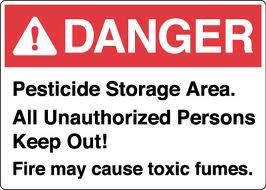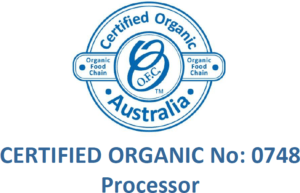
Nearly $20 billion worth of plant crops cultivated in Australia each year are grown using agricultural chemicals and pesticides. Although these chemicals have helped farmers decrease crop loss due to disease and pest destruction, should we just congratulate ourselves and continue consuming meat and produce tainted by known carcinogens?
Unknown Consequences of Pesticides
Relying and overusing pesticides and herbicides may help farmers in the short-term but will eventually backfire on them when insects and weeds evolve through natural selection processes and develop resistance to the toxicity of the chemicals. This means that the more chemicals used, the less power these chemical have over insect and week proliferation. In addition, consumers are unwittingly ingesting even more agrochemicals although these chemicals are no longer providing farmers with any type of benefits.
Australia experiences terrible problems with weed resistance and must use herbicides to continue producing crops that are profitable for farmers. Moreover, farmers have been using insecticides deemed “broad-spectrum” because these insecticides not only kill destructive insects but they also kill beneficial insects–those bugs that eat crop pests responsible for munching on crop foliage. Cheaper than other agrochemicals (less than $2.00 per hectare), broad spectrum pesticides are naturally attractive to farmers who, like the rest of us, must adhere to a budget or face financial disaster. But the cost to wildlife and human life will more than likely be extensive and far-reaching.
An insecticide group called organophosphates remains in wide use in Australia, although many organophosphates have already been banned in European Union countries. This insecticide is a neurotoxin that targets and paralyses the neurological system of insects–and affects the human neurological system in the same manner if ingested in large quantities.
Growth Hormones vs. Organic Meat
Although growth hormones are technically not considered pesticides, they are still part of the list of synthetic chemicals potentially dangerous to human health. For example, cattle are routinely given HGPs, or hormonal growth promotants that act like normal bovine growth hormones. Designed to enhance muscle bulk and accelerate maturation of meat and dairy cattle, HGPs do nothing to improve the quality or nutritional value of meat. Alternately, organic meat derived from cattle that are allowed to graze in pesticide-free pastures are naturally rich in nutrients and uncontaminated by harmful hormone mimickers.
For a complete list of pesticides currently used in vertebrates species in Australia, visit the NSW Department of Primary Industries website and download their PDF at http://www.dpi.nsw.gov.au/__data/assets/pdf_file/0007/486187/Pesticides-used-in-the-management-of-vertebrate-pests-in-australia-a-review.pdf.


